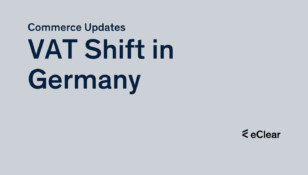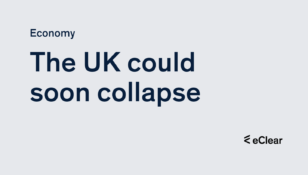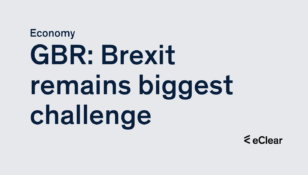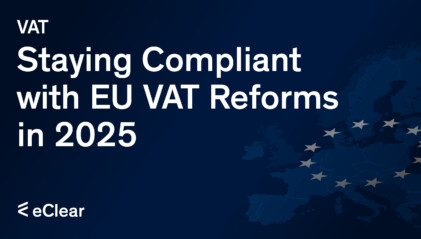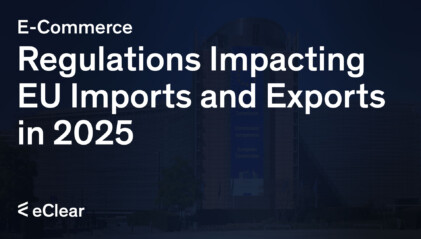Reduce customs barriers, secure supply chains
The UK’s exit from the EU was intensively negotiated for almost four years to minimise its negative consequences for businesses and consumers. Nevertheless, since its completion, the feared consequences have become apparent on a large scale: lorry congestion at the borders, supply bottlenecks, empty supermarket shelves, inflation, additional bureaucracy, and high customs duties. In this situation, those companies that have taken care of securing their entire supply chain to and from the UK in a timely and holistic manner have an advantage. This also includes active customs management.
The latter, in particular, is not only crucial in the context of Brexit but will soon require increased attention throughout the EU. From 1 July 2021, the Union Customs Code (UCC) changes will be implemented, and new distance-selling regulations will take effect. These include the following points, among others:
- Consignments of up to 22 euros value goods are no longer exempt from VAT. In other words, the tax will also be charged on consignments from third countries worth less than 22 euros.
- An electronic customs declaration must be submitted for each consignment. This is regulated in European customs law (Art. 143a UZK-DA). If the value of the shipment is less than 150 euros, the customs declaration can be made with a reduced data set.
This means, among other things, that consumers will incur additional costs for import VAT, customs duties and fees. Only some merchants can calculate and display the total costs for the consumer during the purchase process. And that is not all. Only referring to Germany, Customs estimates that there are approximately 100 million additional shipments per year that must be “cleared through customs”, an enormous administrative burden. Andreas Weidner, Vice President Customs at eClear, says: “To ensure that retailers based in other EU countries do not face a similar disaster in July as they did after Brexit, now is the time for supply chain, marketing, sales and customs experts to make their processes work so that they can continue to deliver beyond 1 July 2021. Otherwise, they risk losing customers due to a lack of cost transparency and customs barriers. eClear offers innovative, efficient and legally compliant solutions across Europe – EU-27, CH, UK, NO, IS, and TK – directly integrated into the supply chain.”
How can companies prepare
What can companies do regarding their supply chain and internal processes? Here is an overview of the recommended steps that have emerged as lessons learned from Brexit:
- Companies should form an interdisciplinary working group early, preferably immediately, with cross-functional participants (purchasing, sales, legal, logistics, tax, and customs).
- The next step is to review the individual supply relationships, including the agreed Incoterms and the existing customs-relevant master data.
- All business partners and processes should be subjected to risk validation.
- Customs requirements and other important circumstances must be checked (EORI number, customs procedures, representation regulations, payment deferral, tariff classification, prohibitions and restrictions, etc.).
- Subsequently, the phase-out and start-up processes (shipping, customs) can be defined.
- Emergency scenarios should be discussed, defined and established.
- The last significant point is to ensure communication and data links with forwarding agents and customs agents up to a sustainable control system.
Legally compliant solution: ClearCustoms
eClear offers a suitable solution so that merchants, platforms, and marketplaces can react to the new requirements in a legally compliant manner. As a full-service offering, eClear classifies the goods to be imported according to the correct customs tariff so that all costs incurred by the consumer (customs duty, import VAT, fees, etc.) can be seen directly during the purchase process (landed costs). The customs declaration for the import also takes place automatically – neither the seller nor the consumer has to deal with this. If you require further assistance with customs clearance and trade compliance, please get in touch with Andreas Weidner, Vice President Customs.


